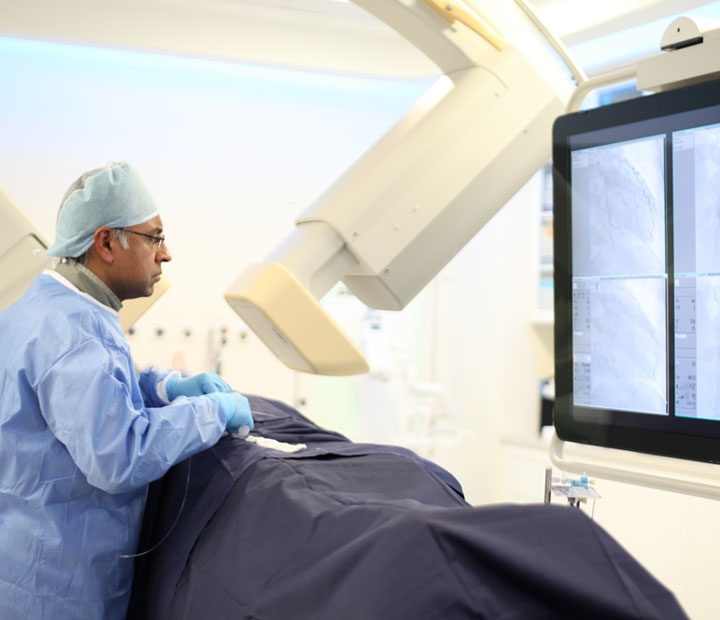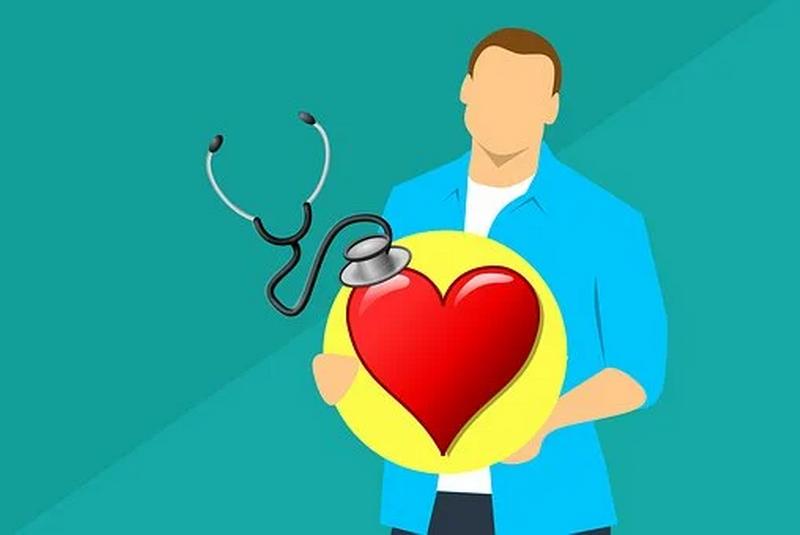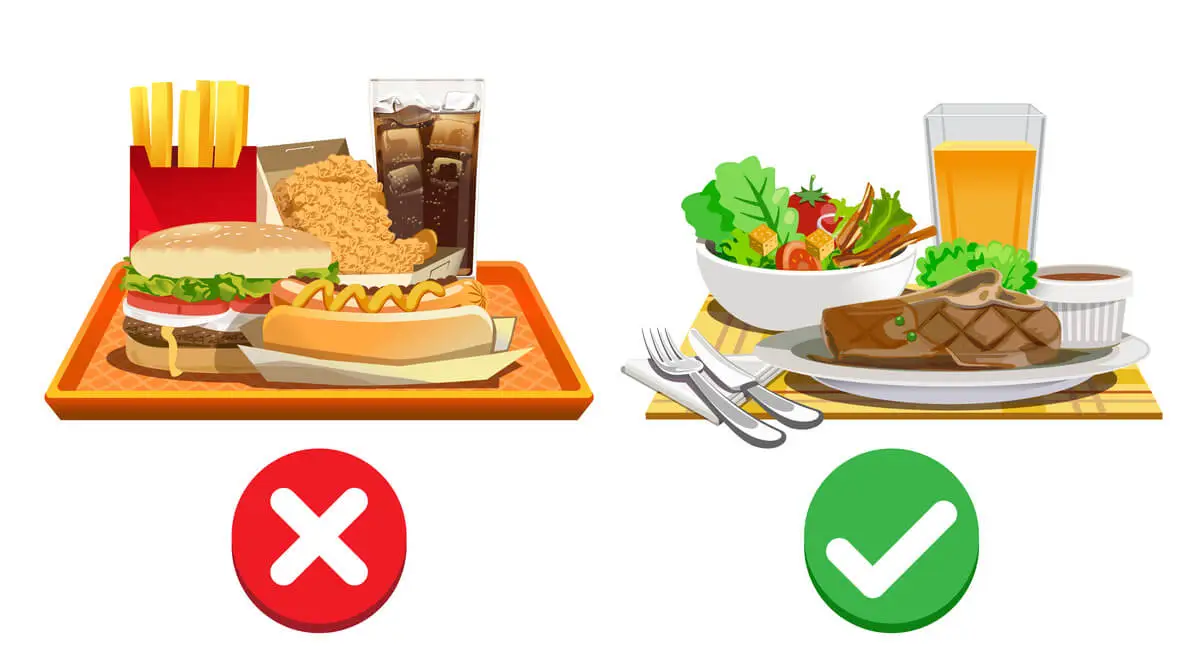TRANSCATHETER AORTIC VALVE IMPLANTATION (TAVI)

A small proportion of patients with severe aortic stenosis who are not suitable for conventional surgery or in whom the risk of surgery is considered to be too high, may benefit from a minimally-invasive, percutaneous procedure known as Transcatheter Aortic Valve Implantation (TAVI). This procedure involves the insertion of a pre-mounted tissue valve attached to a balloon catheter through a small incision of 4-6cm in the groin or chest. The doctor uses echocardiographic and fluoroscopic guidance for visualisation during the valve delivery. Once at the diseased site, the new valve is placed across the stenotic valve by balloon expansion. This method reduces the trauma to patients as the heart does not need be opened up, unlike the conventional surgical approach, and could result in a faster recovery and shorter hospital stay. However, this technique is relatively new and there is currently little long term outcome data available.



